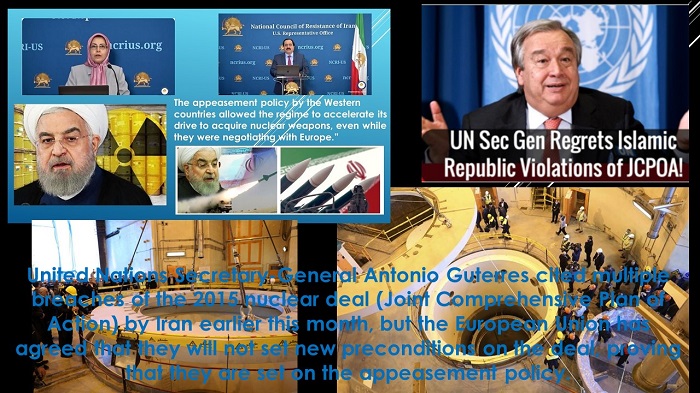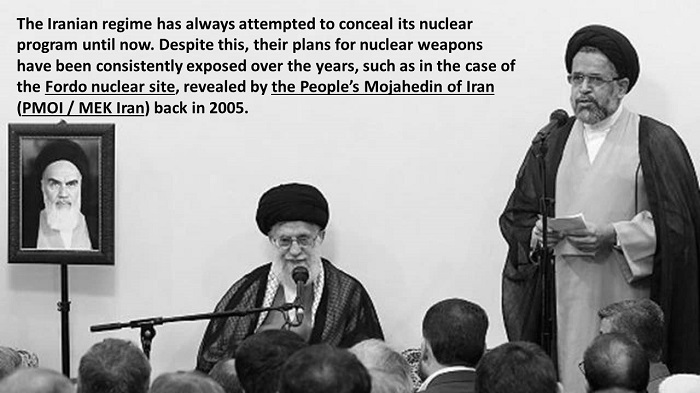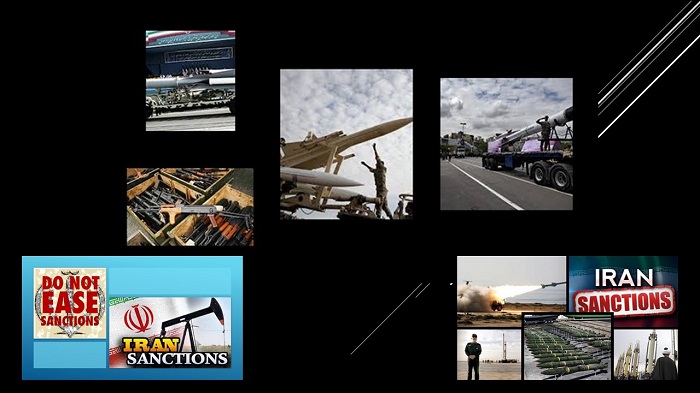While Iran is actively deliberately appealing for sanctions relief and trying to keep the generous privileges afforded to his government, Iranian Foreign Minister Mohammad Javad Zarif, stated at the European Policy Centre “Time is running out for the U.S. to revive the nuclear deal,” referring to the Iran 2015 nuclear deal, formally known as the Joint Comprehensive Plan of Action (JCPOA).
“The Europeans are used to compromise. Iran and the United States are not. The Americans are used to imposing, and we are used to resisting. So now is the time to decide will we both compromise and go back to the JCPOA, or will we go back to our own paths?” Zarif added.
The Foreign affairs Minister did not mention of course, what the goal of Iran is. The regime has been involved in the enrichment at 20% and storage of uranium more than 14 times over the 2015 agreement while being watched by the United Nations. These are nevertheless strong indicators of the goal of the ayatollahs.

In addition, the regime started manufacturing uranium metal, that can be used to construct the core of nuclear weapons.
All this shows that, due to international sanctions and isolation, Iran has been in a difficult position. The Ayatollahs hoped that the new U.S. government would re-enter the JCPOA hastily, lift sanctions, and again grant innumerable privileges. In this context, they even resorted to nuclear extortion to drive U.S. President Joe Biden to their desired path.
However, times have changed, and the new U.S. administration has specifically declared that `no crocodiles will be feed for nothing’. Instead, it plans to sign a longer and more extensive agreement that exceeds the malignancies of the regime in the Middle East and stop the provoking nuclear weapon program.

The State Department’s envoy for Iran, Rob Malley, declared in an interview on 10 March with Axios that “U.S. President Joe Biden’s administration will not rush to renew the abandoned 2015 nuclear deal with Iran before the latter’s June elections which are widely expected to see a rise of a more hard-line president in Tehran.”
“We don’t intend to base the pace of our discussions on the Iranian elections – the pace will be determined by how far we can get, consistent with defending U.S. national security interests,” Malley added.
Khamenei, on the other hand, has also said he objected to a new agreement with the United States. The next Iranian administration has been created in the light of recent events and the state-run media reports and assessments have often critiqued Khamenei and his role in the JCPOA. This is another serious problem that prevents the U.S. from following a dubious path.

Under these circumstances, the western powers are looking to limit the systemic corruption of Iran and stop at once the nuclear weapons program rather than make compromises that endanger global peace and security.
MEK Iran (follow them on Twitter and Facebook)
and People’s Mojahedin Organization of Iran – MEK IRAN – YouTube








